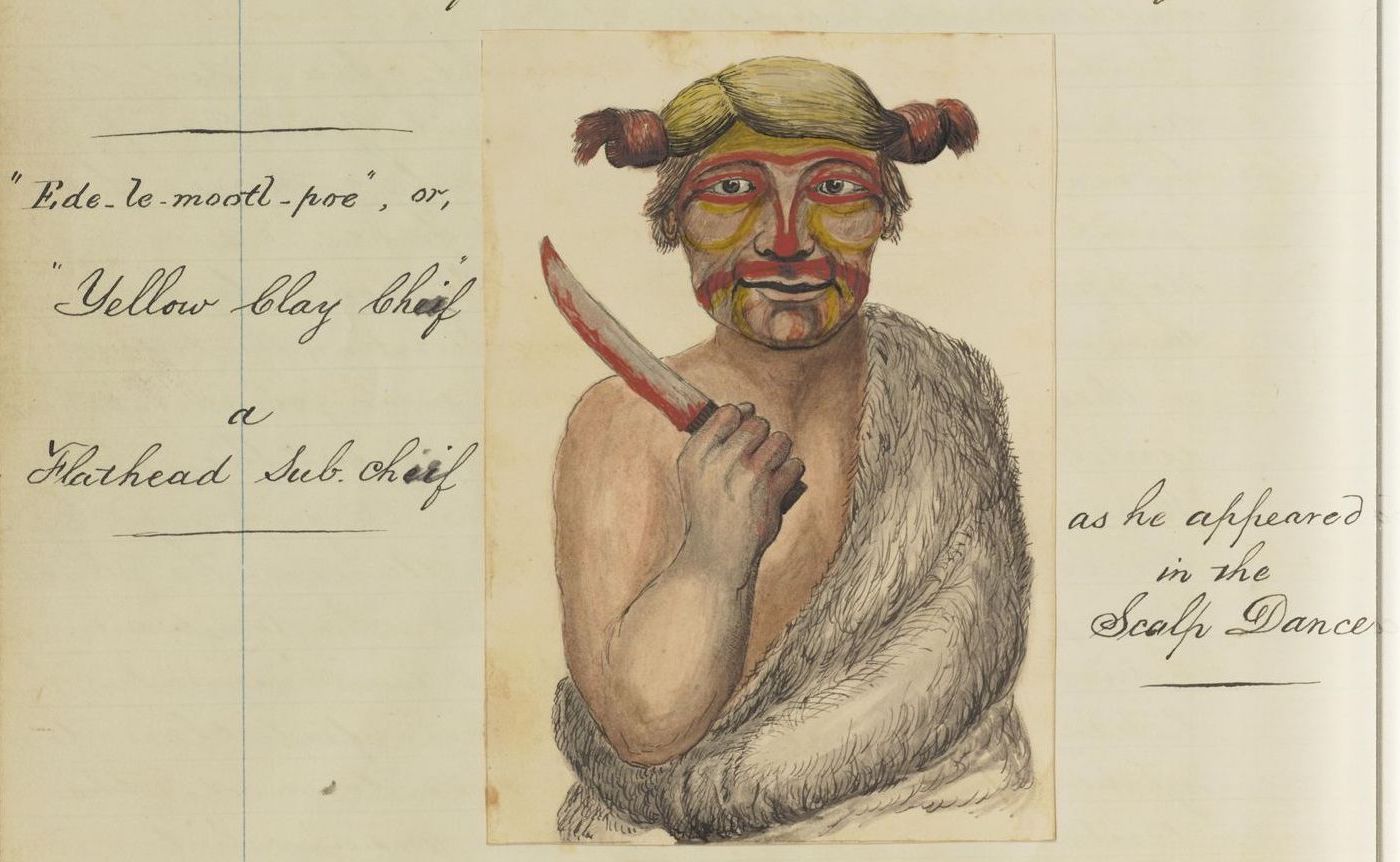Project Background
The Public Transcriptions Project, a 2020 Rapid Response Magic Project funded by the Princeton University Humanities Council, set out to turn some of the Princeton University Library’s nineteenth-century manuscripts into searchable digital articles for the University's growing online database of Special Collections. Historical research, especially these days, depends on reliable access to archival material. The Public Transcriptions Project sought to make such material as accessible, readable, and user-friendly as possible.
Five history graduate students—supervised by Martha Sandweiss (History) and Gabriel Swift (Curator of Western Americana)—worked in two teams. The first, comprised of Brian Wright, Poorvi Bellur, and Kate Carpenter, transcribed and researched diaries, journals, and scrapbooks from Princeton's Collections of the American West. The second team, consisting of Kim Worthington and Mateusz Falkowski, transcribed the extensive journals of Robert Wood Sawyer, Class of 1838, a seminary student who went to Liberia in 1841 as a missionary for the American Colonization Society.

The Public Transcriptions Project will hopefully serve as an example of the value and potential of collaborative scholarship. Our teamwork proved an exceptionally rewarding experience during the pandemic shutdown. The project, which heavily relies on the digitization efforts at the Firestone Library, also underscores the role that digital tools play in the humanities.
The musings within these journals—and the history of the journals as objects—also strike at the heart of a heated debate now underway amongst historians, archivists, and librarians: whose voices from the past populate our repositories and our stories? And how do these voices shape our understanding of our past and our present? Now more than ever, academic research requires constant communication, technological savvy, and intellectual self-awareness.